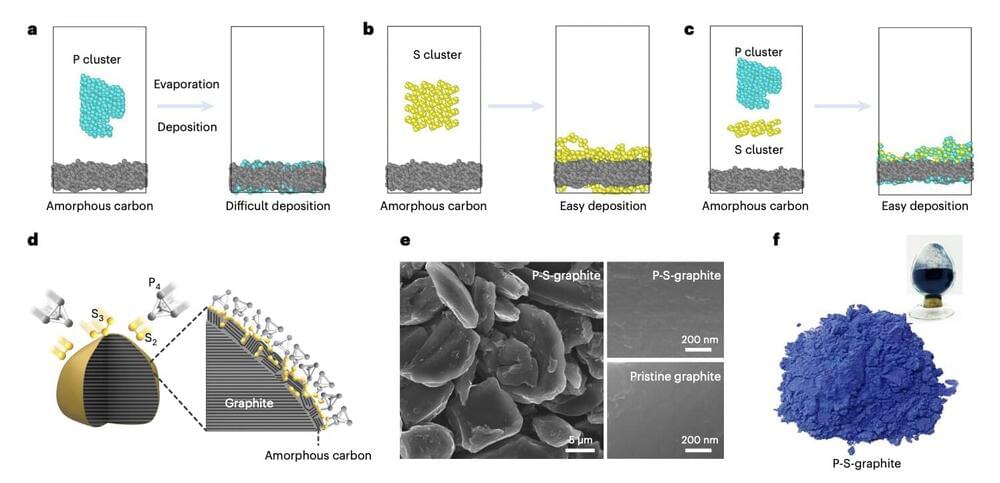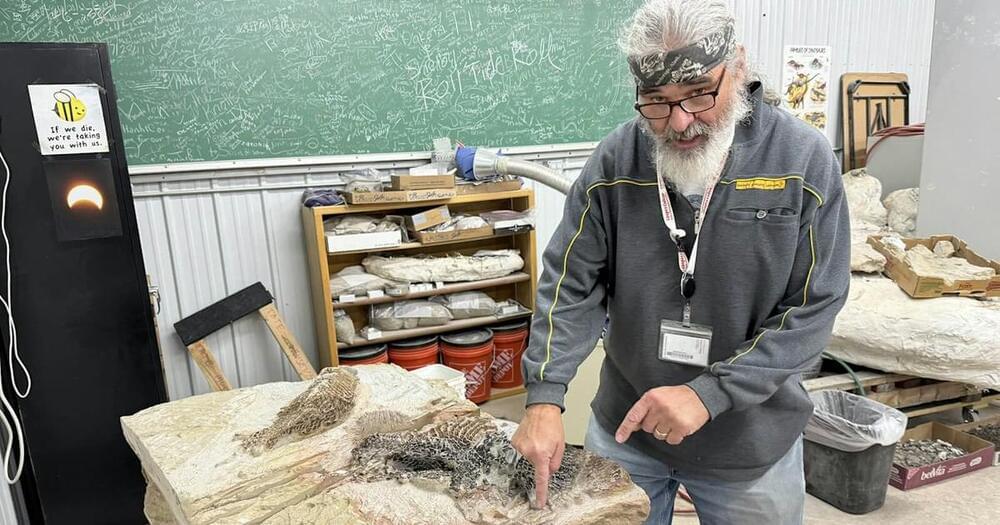I’ve posted a number of times about artificial intelligence, mind uploading, and various related topics. There are a number of things that can come up in the resulting discussions, one of them being Kurt Gödel’s incompleteness theorems.
The typical line of arguments goes something like this: Gödel implies that there are solutions that no algorithmic system can accomplish but that humans can accomplish, therefore the computational theory of mind is wrong, artificial general intelligence is impossible, and animal, or at least human minds require some as of yet unknown physics, most likely having something to do with the quantum wave function collapse (since that remains an intractable mystery in physics).
This idea was made popular by authors like Roger Penrose, a mathematician and theoretical physicist, and Stuart Hameroff, an anesthesiologist. But it follows earlier speculations from philosopher J.R. Lucas, and from Gödel himself, although Gödel was far more cautious in his views than the later writers.





